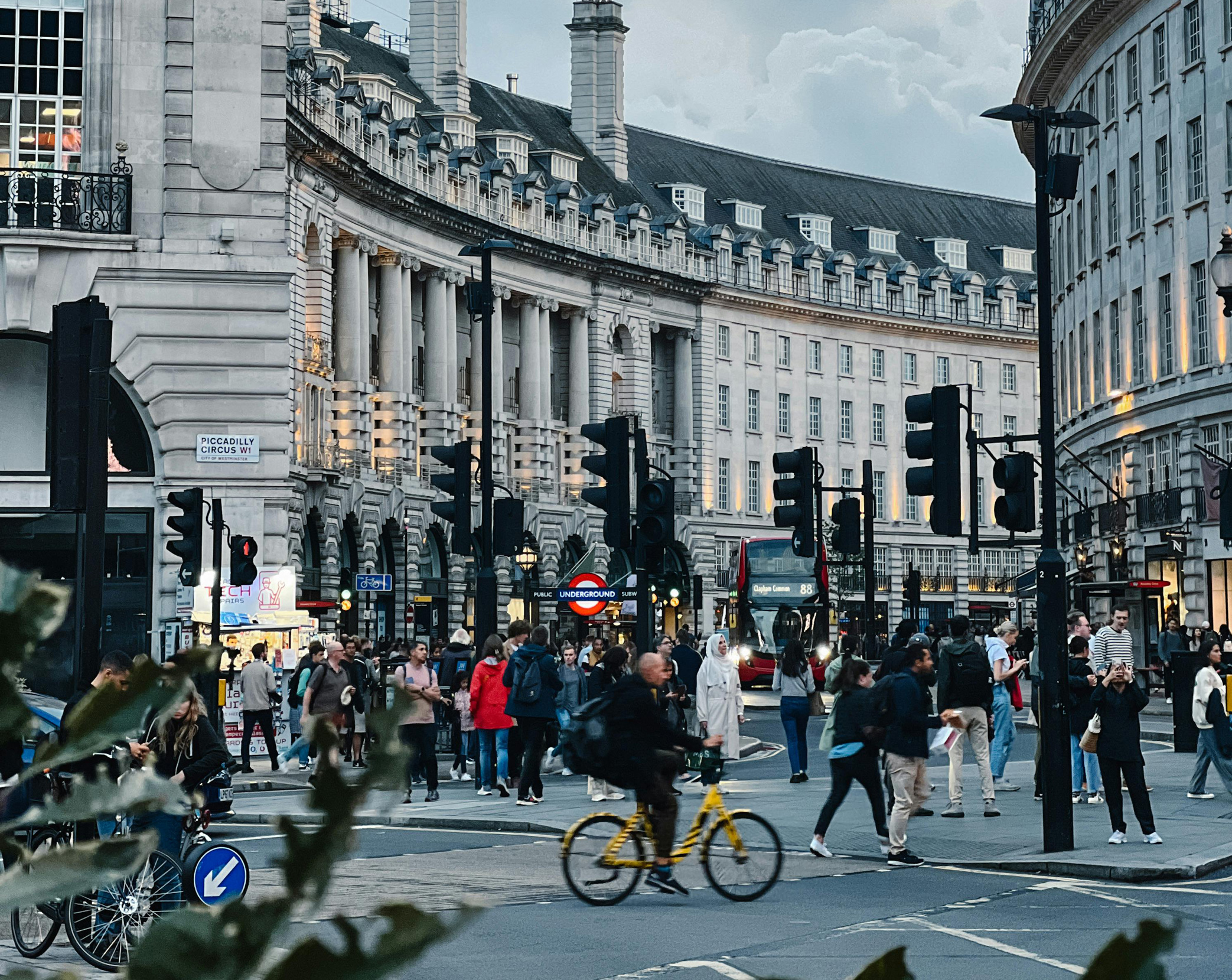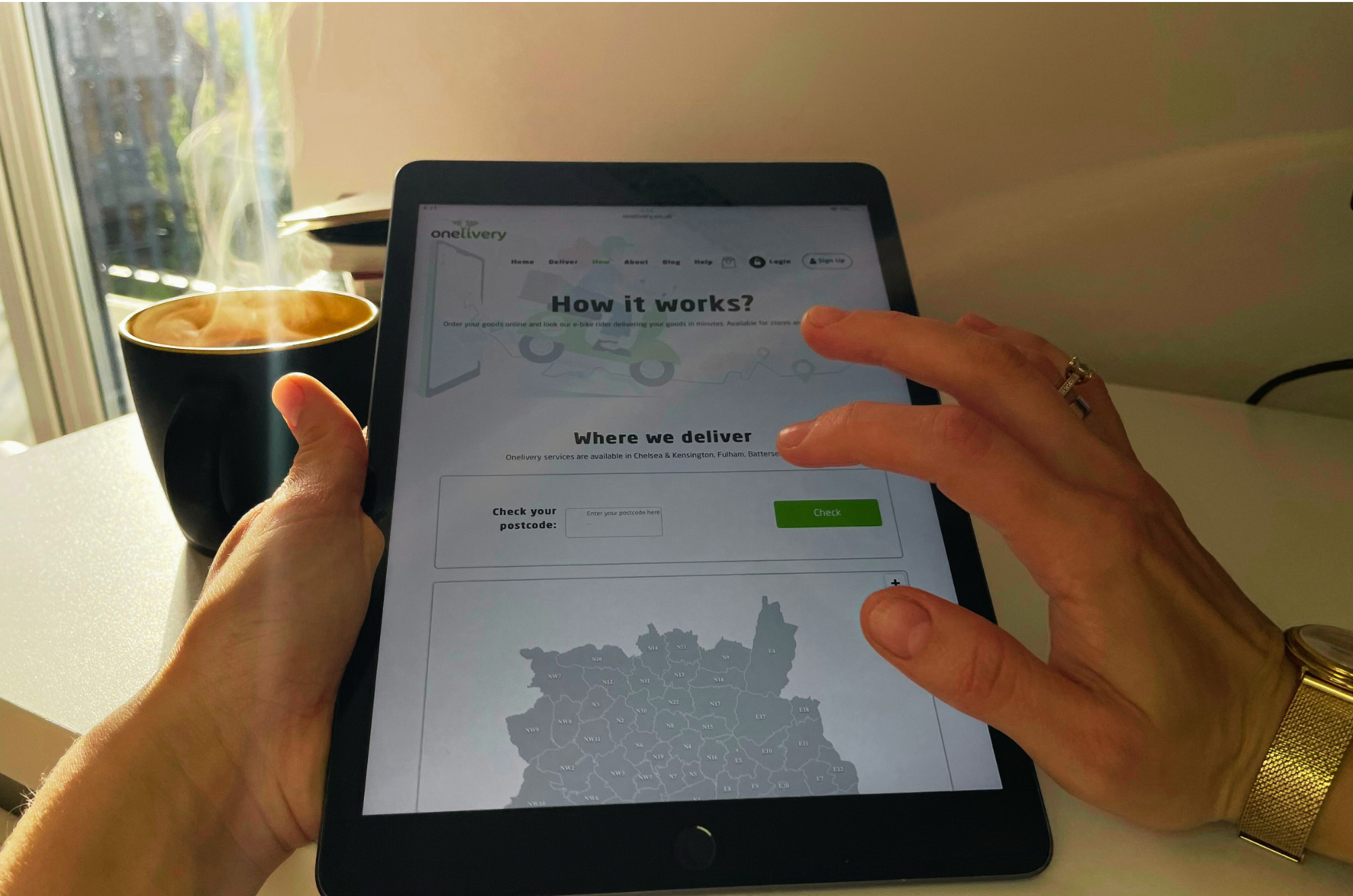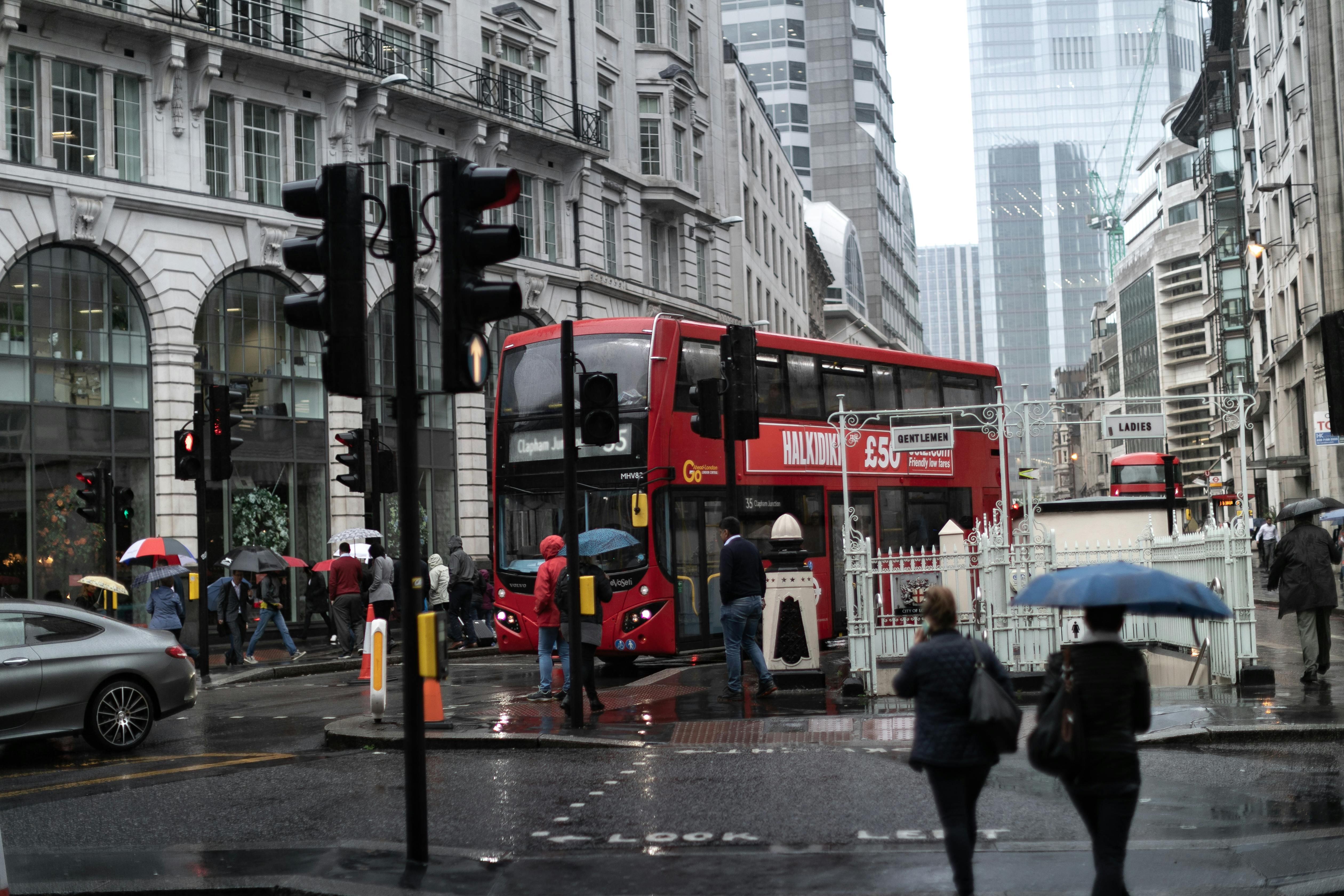When we think about delivery services, the immediate image is often of convenience—packages arriving at our doors and essentials being delivered without us stepping out. However, in London, delivery services have taken on a far more significant role. They’ve become quiet champions of community cohesion, knitting together diverse neighbourhoods while promoting sustainability.
A Lifeline for Local Businesses
Delivery services have become indispensable to small, independent businesses in London. Areas such as Camden Market, Brixton, and Greenwich, known for their vibrant local economies, rely heavily on these services to keep their goods moving. By connecting these businesses with customers across the city, delivery services ensure that local artisans, bakers, and retailers can thrive despite the challenges of competition from global giants. For instance, a bakery in Camden can now deliver fresh sourdough to a family in Lewisham, or a handcrafted piece of jewellery from a Brixton artisan can reach a customer in Hampstead. These connections are not just about transactions; they’re about sharing culture and fostering appreciation for London’s diverse communities.
Bridging Gaps Between Generations
Delivery services are also helping to bridge generational divides. Elderly residents in areas such as Hackney or Southwark, who may struggle to access high streets, can now receive groceries, prescriptions, or even their favourite local treats at home. For instance, a retired couple in Hackney recently shared how a local delivery service brought them not only their weekly groceries but also a rare sense of connection, as the delivery driver became a familiar and friendly face in their otherwise quiet routine. These services aren’t merely about logistics; they’re about ensuring that every resident, regardless of mobility or circumstance, feels included in London’s dynamic community life.
A Commitment to Sustainability
London’s streets are no strangers to congestion and pollution, making sustainable delivery solutions critical. Companies such as Onelivery use electric bikes and vehicles, particularly in low-emission zones such as those around Islington and Shoreditch. These companies are leading the charge with innovative approaches to green logistics, showcasing how delivery services can align with London’s sustainability goals. These green initiatives not only reduce the carbon footprint but also set an example for integrating environmental responsibility into everyday operations.
Moreover, sustainable packaging—such as biodegradable materials and reusable containers—is becoming the norm for many delivery services. This commitment to eco-friendly practises resonates with Londoners who are keenly aware of their city’s environmental challenges.
Fostering a Sense of Belonging
In communities like Peckham and Tottenham, where diversity is celebrated but social cohesion can sometimes be tested, delivery services play a subtle yet impactful role. By enabling local businesses to reach new audiences, they encourage cross-cultural interactions. A Caribbean restaurant in Peckham might find loyal customers in East London, fostering an appreciation for diverse cuisines and traditions.
Delivery drivers themselves often become familiar faces in their communities, creating a sense of connection and trust. A friendly greeting or a brief exchange during a delivery can contribute to the small but meaningful interactions that build a stronger, more cohesive society.
Supporting Local Initiatives
Delivery services also partner with social enterprises and charities to address local needs. For example, in boroughs like Tower Hamlets and Lambeth, delivery companies work with food banks and community kitchens to transport surplus food to those in need. These efforts not only tackle food insecurity but also reinforce the importance of collective responsibility and care within London’s neighbourhoods.
Looking Ahead
The role of delivery services in promoting community cohesion is set to grow. With advancements in technology, such as route optimisation and smart logistics, these services can become even more efficient and sustainable. The potential for greater collaboration with local councils and community groups means that delivery services could play a pivotal role in shaping a more inclusive, connected, and environmentally friendly London.
By bridging gaps—be they physical, cultural, or generational—delivery services are not just moving goods; they’re building bridges. And in a city as vibrant and diverse as London, that makes all the difference.









